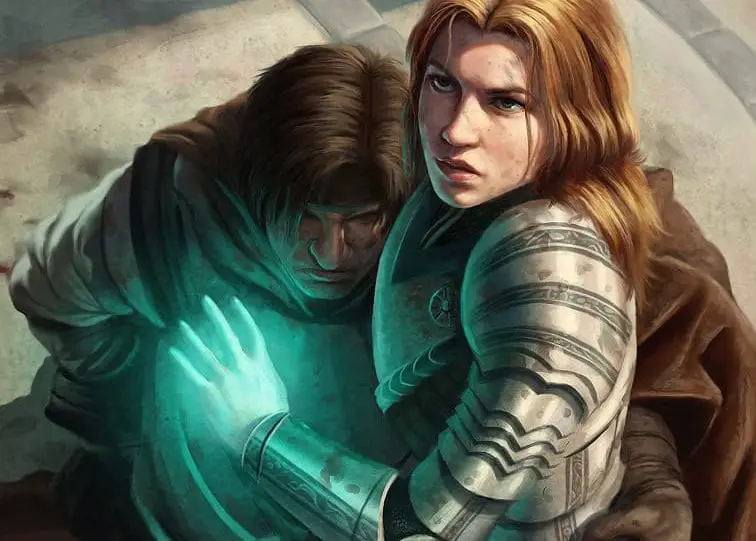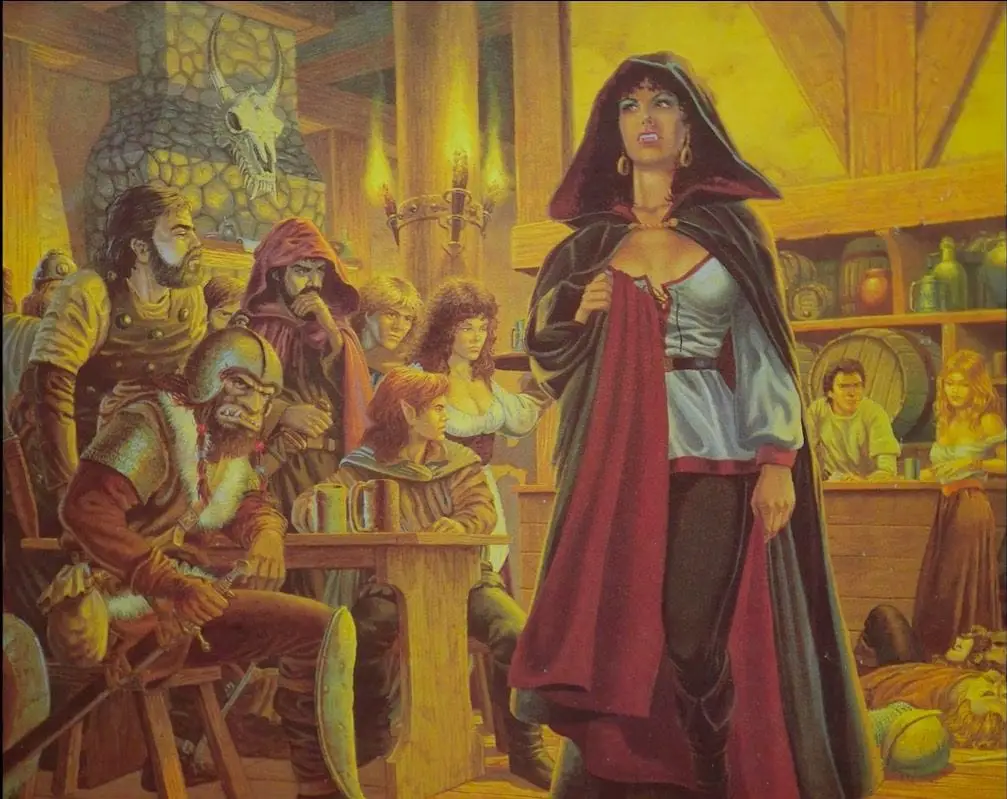I have always tried to approach DMing with a good balance of RP and combat. I try to add on additional elements that I think are important for players to experience, such as presenting moral challenges that have to deal with real life issues. These range from race, background and gender, to politically themed scenarios that I believe players can grow from. I can only speak into my experience, with regard to Dungeon Mastering for folks who are a different demographic from me. This can also apply to Dungeon Mastering from home or an intimate space with people that you have some relationship with, to include acquaintances you have only spent a good five minutes hanging out with. This is also assuming that you are starting with a brand new campaign or a one shot.
TLC

To begin: if you have someone who is part of a marginalized group at your table you must approach the role playing space with care and attention. Personally, I approach Dungeon Mastering as a very intimate and empathetic experience. That being said, the relationship between you and the player is one of trust, consent, and respect that goes both ways. It is up to you as a dungeon master to earn that respect and trust.
“Try to focus on truly listening.”
I like to begin my session, whether a one shot or an extended campaign, by having each player share a little backstory about their characters. If it is a one shot, then you can just ask the player to give a short explanation of what they think their backstory is for that character. Try to focus on truly listening. This means listening to what they are saying, their gestures, and the meaning in the words and between the words. If they seem to light up about a certain aspect about their character, clue into that, ask them what makes them excited about that. If their character has traits that are representative of themselves, honor that. Have representation in the game in the form of NPCs, items, or narratives that tie into each party member. Make them the hero that they want to be, the hero that they are.
Learn The Backstory

If the intention is to be a long form campaign I have my player characters write at least a one page backstory. I genuinely feel this gives players time to think deeply about their characters and to present things that they are very excited about. If any of my marginalized players include traits about themselves in their characters I like to have a conversation about their perspective. I like to create a safe and intentional space for them to speak more about their character and what they envision for their character. What those traits mean to them and their character. This means setting aside time in your schedule to let this meeting take place if they are comfortable with it. This is an opportunity for you, as the DM, to ask what their boundaries are and what they want to explore about their character. If you do not know what someone’s perspective and experience is, this is the opportunity for you to go and learn from a credible resource. We as DM’s learn a lot about class, race, planes, and backgrounds in D&D this means we are capable of looking into resources that our players and characters present. This is a continuous process just like when we explore a new plane. We need to take the time to learn more about it for the next session. The same must be true for your players as they continue the game. The challenges and celebrations happen that touch on those amazing differences are what we highlight and cherish about D&D.
Start At Zero

After speaking to all the PC’s in my game individually, I like to have a session zero for everyone to come together and learn a little about each other and the characters they will be playing. This allows players to establish their consent and boundaries about the characters they are playing and sets the tone about how to go forward. If there are any issues these are the times to address it and come to an authentic solution to move forward. There are also safety tools for DM’s to use, like these.
I like to create communities based on my PCs. This helps make the world feel more authentic and does not make the player feel isolated in the game about themselves. These are fantasy games players do not need to feel isolated in a game where we as dungeon masters can create a world where there are other people like them to support them. Although there can be situations where a PC wants that experience, just be clear on what that means for them and how they want to approach it.
This is just an introduction on how to DM for marginalized folks, and I’m working on articles that will touch on approaching tense topics and situations in your games of D&D that will be coming to The Fandomentals soon!
Images via Wizards of the Coast

